Cassava, wood, and forestry products have high tax risks.
According to the General Department of Taxation (Ministry of Finance), through reviewing tax management information, tax authorities found that some enterprises refunding export tax on cassava, wood, and forestry products have high tax risks. Accordingly, tax authorities must conduct inspections and verifications.
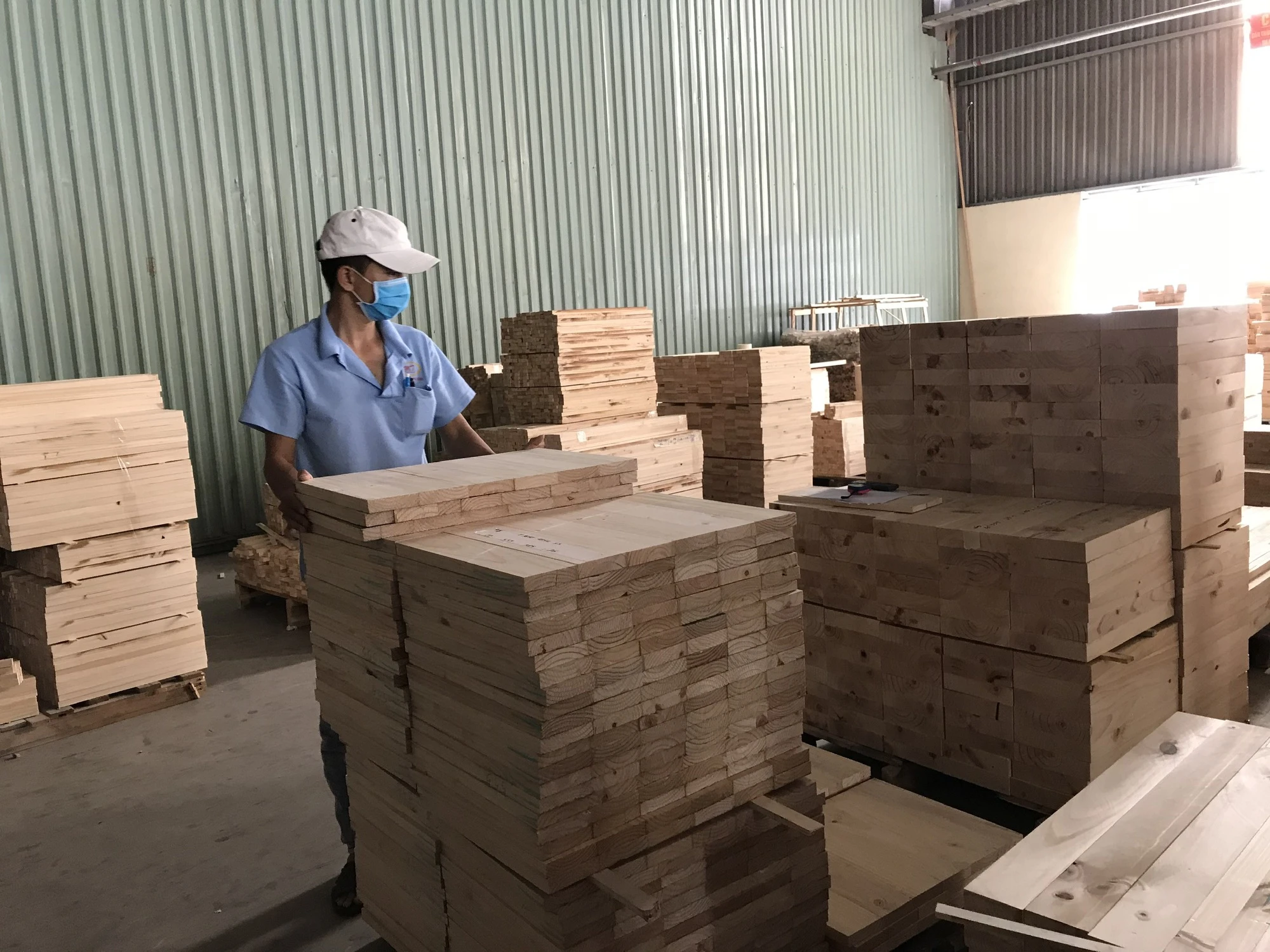
Tax authorities have found that some businesses that refund export taxes on cassava, wood, and forestry products have high tax risks.
For cassava and wood and forestry products: the refunded tax arises at the intermediate stage, due to the direct purchase from forest growers without processing or only through normal preliminary processing, which is not subject to value added tax (VAT). At the intermediate stage, management costs, logistics costs, etc. mainly arise. Therefore, some subjects have taken advantage of the State's mechanisms and policies to cheat and appropriate tax refunds.
Recently, the Ministry of Finance has directed the General Department of Taxation to coordinate with professional units of the Ministry of Public Security to detect and handle a number of cases of tax evasion and appropriation of VAT refunds such as: the case of illegal trading of VAT invoices and tax evasion occurring in Phu Tho; tax refund violations in Ninh Binh, Vinh Phuc...
The General Department of Taxation has pointed out a number of typical fraudulent acts. Specifically, subjects take advantage of the open policy in the regulations on enterprise establishment to establish enterprises not for the purpose of production and business but for the purpose of buying and selling VAT invoices to profit and defraud tax money.
Accordingly, some subjects have established a chain of businesses (legally represented by relatives, family members or hired representatives) to buy and sell in circles, using illegal invoices to legalize input for businesses to refund taxes.
Brokers create fake lists to purchase wood directly from farmers, raise livestock directly or buy and sell illegal invoices to deduct taxes, legalize floating goods for the purpose of not having to declare and pay VAT (5%) at the intermediary stage of trade.
Enterprises that request VAT refunds use illegal invoices (purchased from enterprises that do not have production or business activities) or use invoices from enterprises that have abandoned their business addresses or continuously changed their operating status in many different localities to declare input VAT deductions and prepare VAT refund requests.
Inspecting 120 businesses, discovering 110 "missing" businesses
According to the General Department of Taxation, the tricks and behaviors of tax refund fraudsters mainly occur at the intermediary stage of buying and selling goods.
Some intermediary enterprises show signs of high risk such as after issuing invoices to the exporting enterprise (F1), they temporarily stop doing business or abscond; the declaration of revenue and tax between intermediary enterprises does not match, the selling enterprise (F2, F3...) declares small revenue but the purchasing enterprise (F1) declares large input VAT deduction; payments through banks also show signs of risk such as transactions taking place on the same day and the same person withdrawing money.
Through reviewing, inspecting and checking tax refunds at 120 enterprises, it was discovered that 110 intermediary enterprises had abandoned their business locations, stopped operations, and were waiting for dissolution in the intermediary stage.
The tax refund enterprises used input materials and purchase invoices from intermediary enterprises; the intermediary enterprises did not declare taxes, did not pay taxes, and could not prove the origin of the purchased materials and goods. The budget has not yet collected taxes from these enterprises, but must resolve tax refunds for tax refund enterprises at a later stage.
"This is a pressure issue for tax authorities. Determining the amount eligible for tax refund must be based on the results of verifying whether the purchase and sale of goods is real or not, leading to many difficulties in handling the dossier," emphasized a representative of the General Department of Taxation.
Source link



![[Photo] Phuc Tho mulberry season – Sweet fruit from green agriculture](https://vstatic.vietnam.vn/vietnam/resource/IMAGE/2025/4/10/1710a51d63c84a5a92de1b9b4caaf3e5)
![[Photo] Prime Minister Pham Minh Chinh chairs meeting to discuss tax solutions for Vietnam's import and export goods](https://vstatic.vietnam.vn/vietnam/resource/IMAGE/2025/4/10/19b9ed81ca2940b79fb8a0b9ccef539a)

![[Photo] Unique folk games at Chuong Village Festival](https://vstatic.vietnam.vn/vietnam/resource/IMAGE/2025/4/10/cff805a06fdd443b9474c017f98075a4)


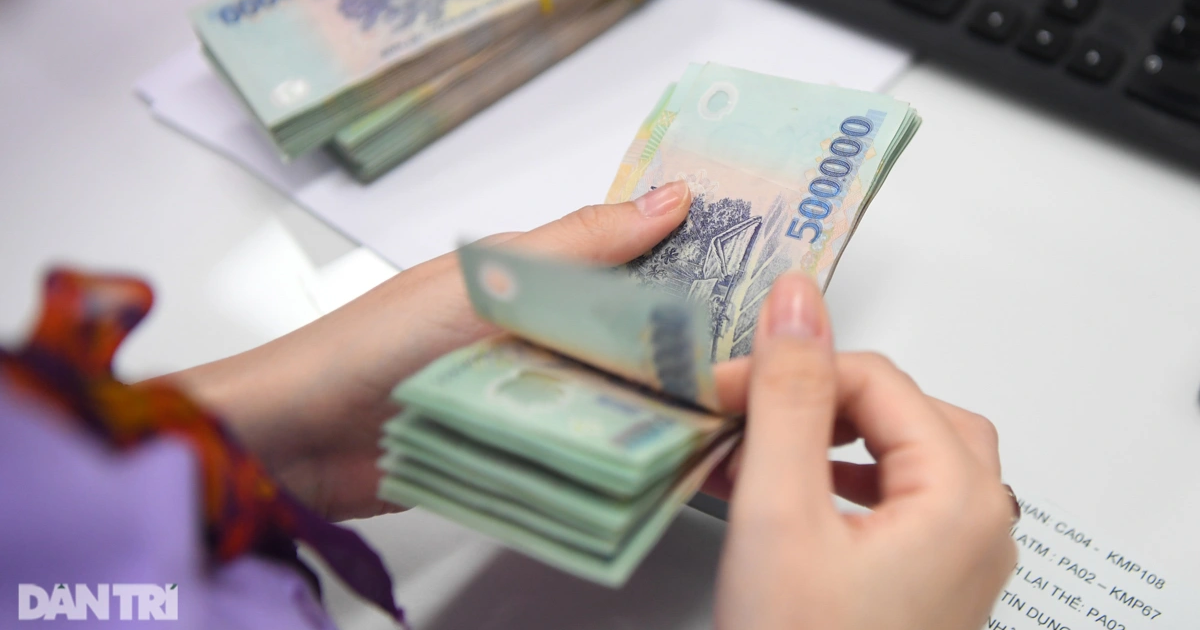

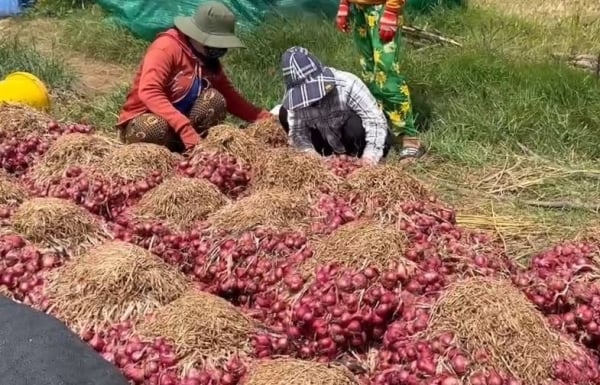

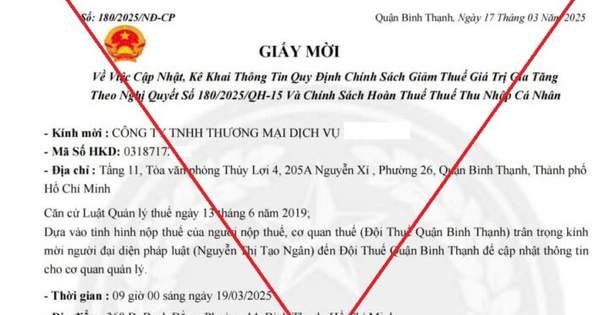

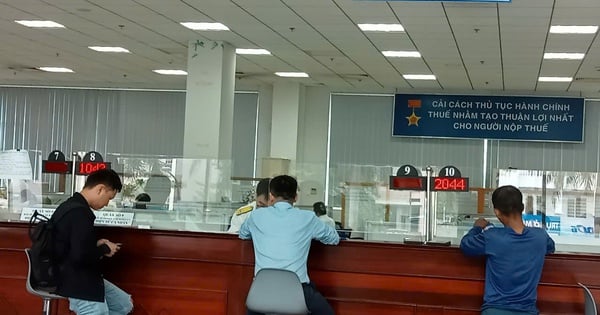
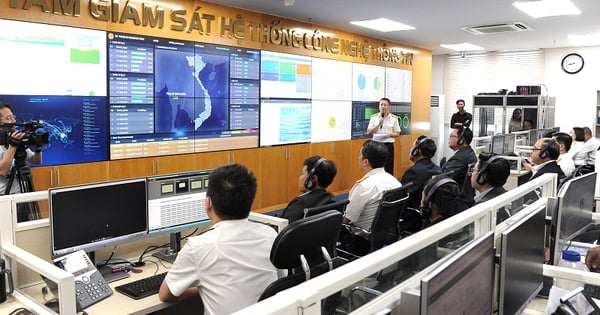

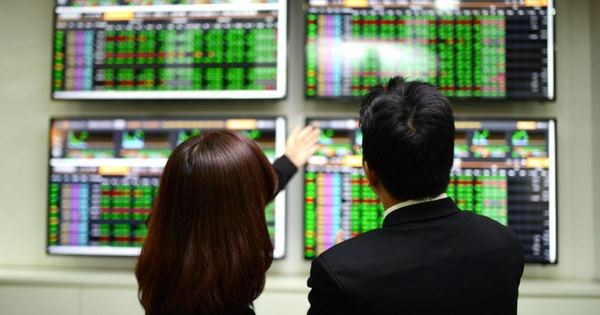


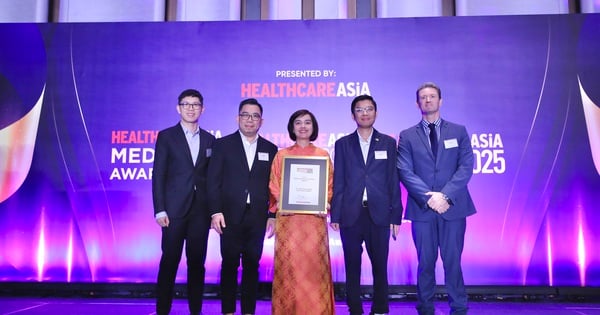
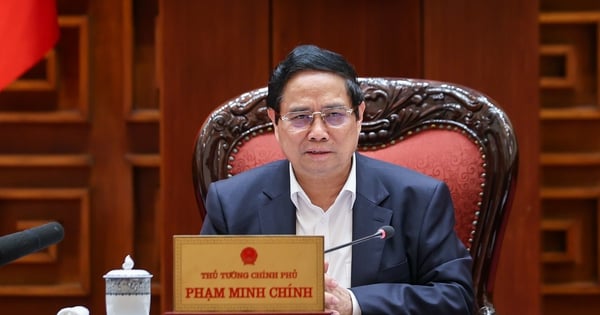




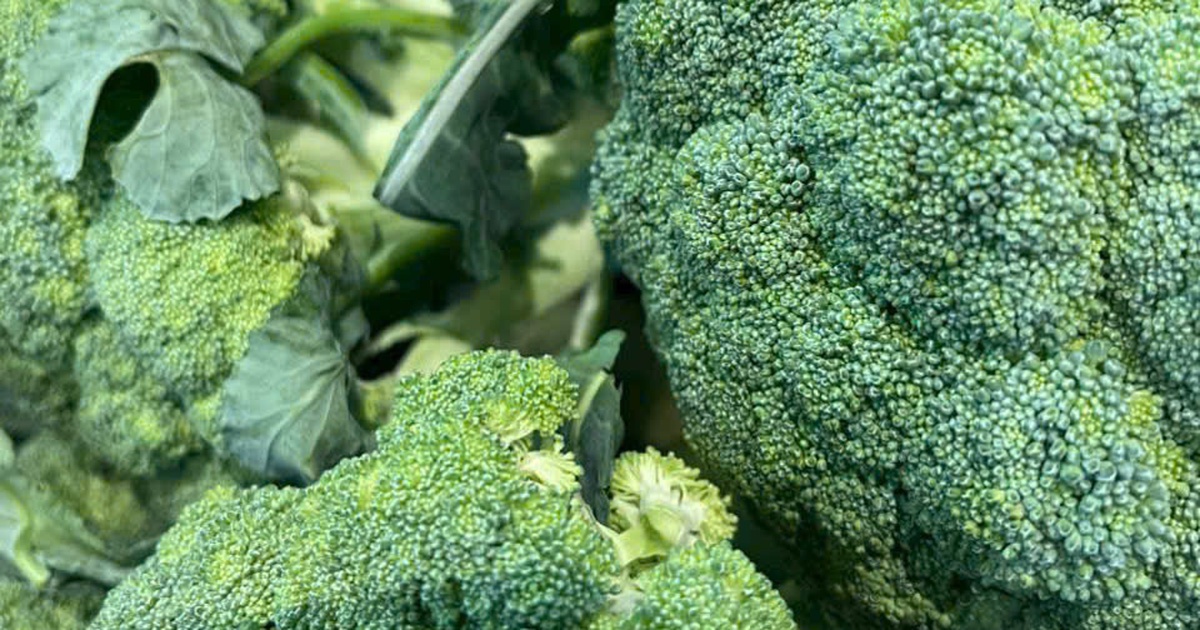



















































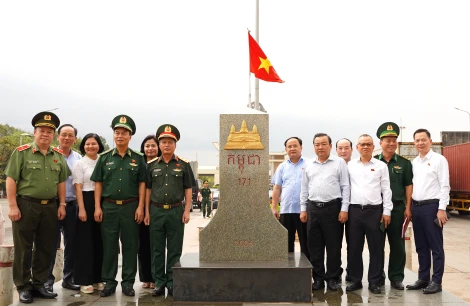
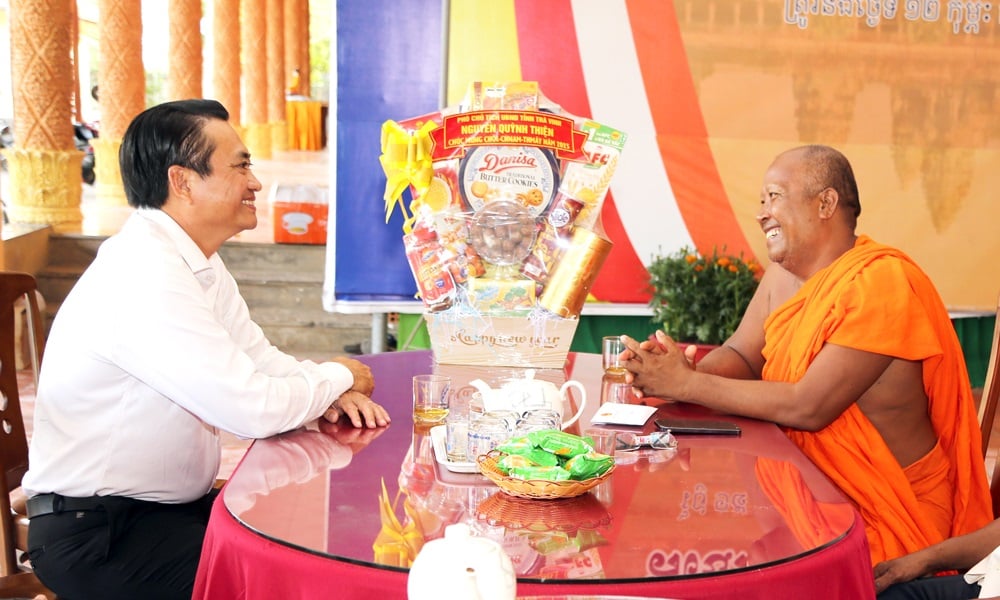

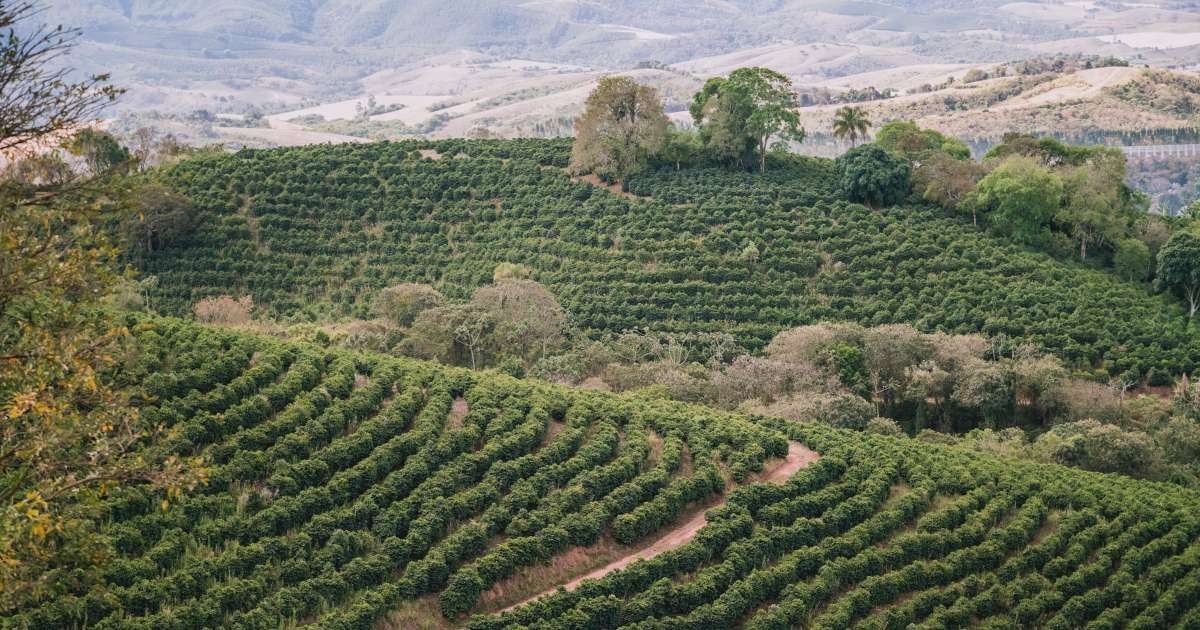

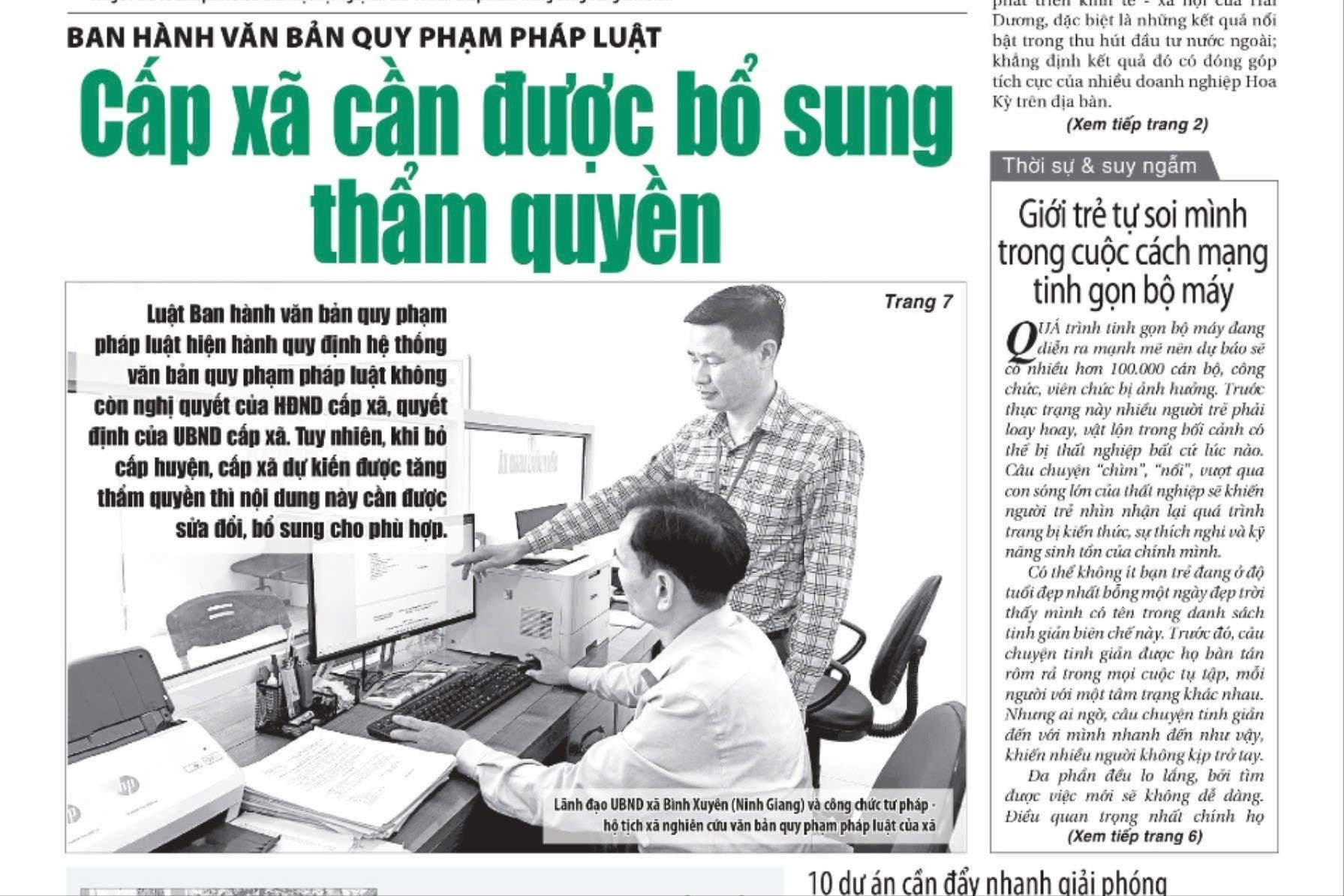
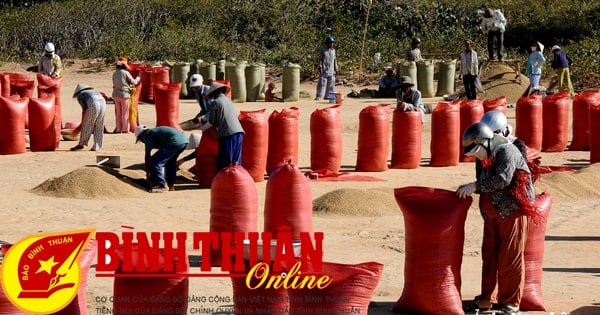









Comment (0)